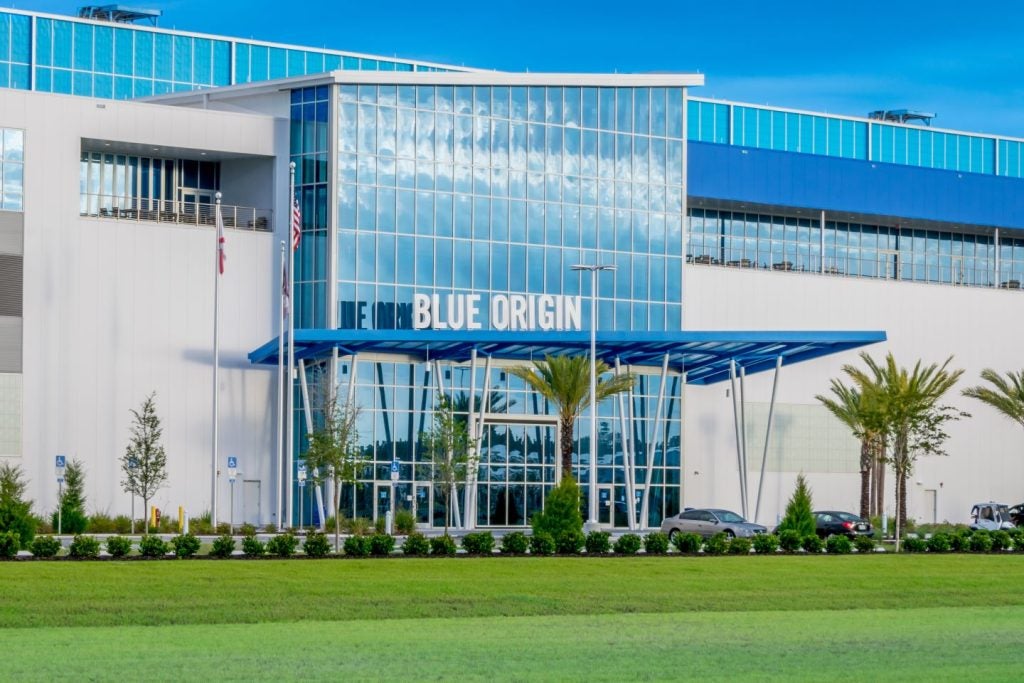Real-time payments are already live in some European domestic markets, and from November will be available across the continent.
Dealing with improved cross-border payments — what is effectively the creation of a pan-European alternative to cards — means Visa and Mastercard will have to prove their worth.
The development of instant payments is the next stage of the Single Euro Payments Area (SEPA).
The infrastructure will become the platform for the SEPA Instant Credit Transfer scheme, which will allow transfers to participating banks with a maximum limit of €15,000.
At the same time, new payments regulations — PSD2 — are coming in from January and will add to pressure on card schemes.
While joining the SEPA Instant Credit Transfer scheme is not compulsory for European banks, and only 39 financial institutions have started investing in the infrastructure, those that have moved forward will likely have a competitive advantage from November.

US Tariffs are shifting - will you react or anticipate?
Don’t let policy changes catch you off guard. Stay proactive with real-time data and expert analysis.
By GlobalDataThe scheme will provide a new set of rails that payments can be made on, and services will emerge to use it.
If these are cheaper to use and accept than cards, Visa and Mastercard may find themselves cut out of the European payments value chain.
However, they know they need to act quickly. Mastercard’s recent acquisition of faster payments provider Vocalink gives it access to this emerging value chain.
How will things change in November?
Although instant payments are already available in a few European countries (Denmark, Norway, Poland, Sweden, and UK), this has been limited to domestic transfers.
In the UK, the so-called faster payments system is widely used, processing 135.7m payments in June 2017 (up 15 percent compared to June 2016).
Over £1.2tn ($1.57tn) was transferred via faster payments in 2016.
Across the European market there are 500m potential customers and companies that could drive trillions of transactions.
Instant payments infrastructure has provided a solid foundation on which to build powerful payment services.
Blik has also been successful in Poland, with 3.5m users and 2m transactions per month in just two years.
In the Netherlands, iDeal is operating as an e-commerce payment system that is based on online banking and is currently the country’s most popular online payment method.
Despite fierce competition, its market share has reached 56 percent (by transaction value) since launching in 2005.







